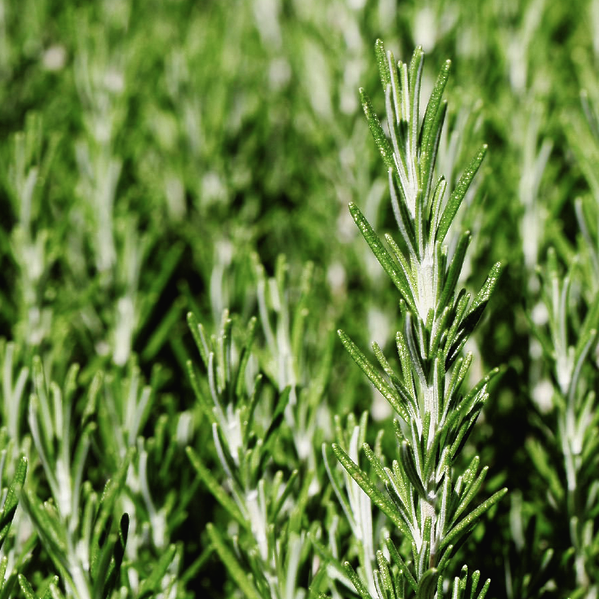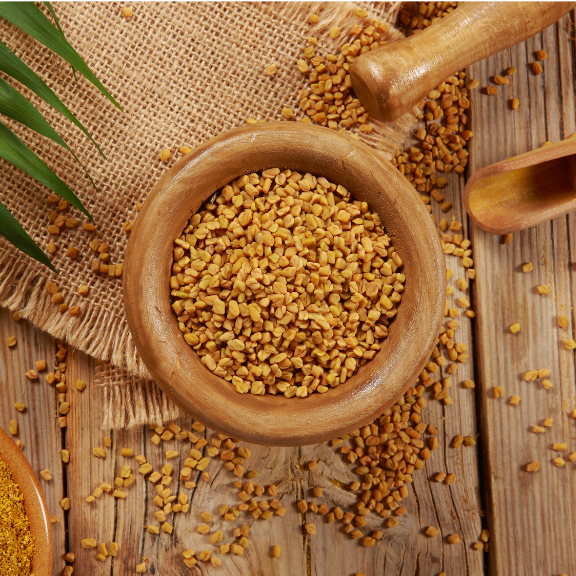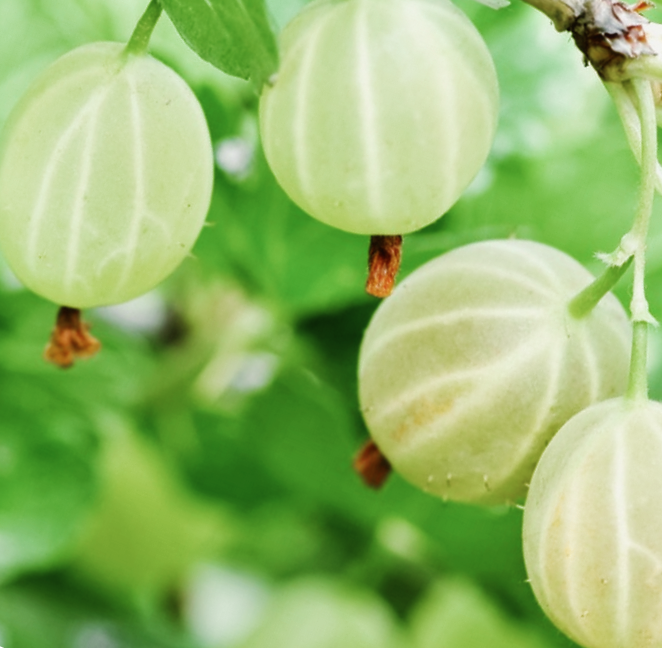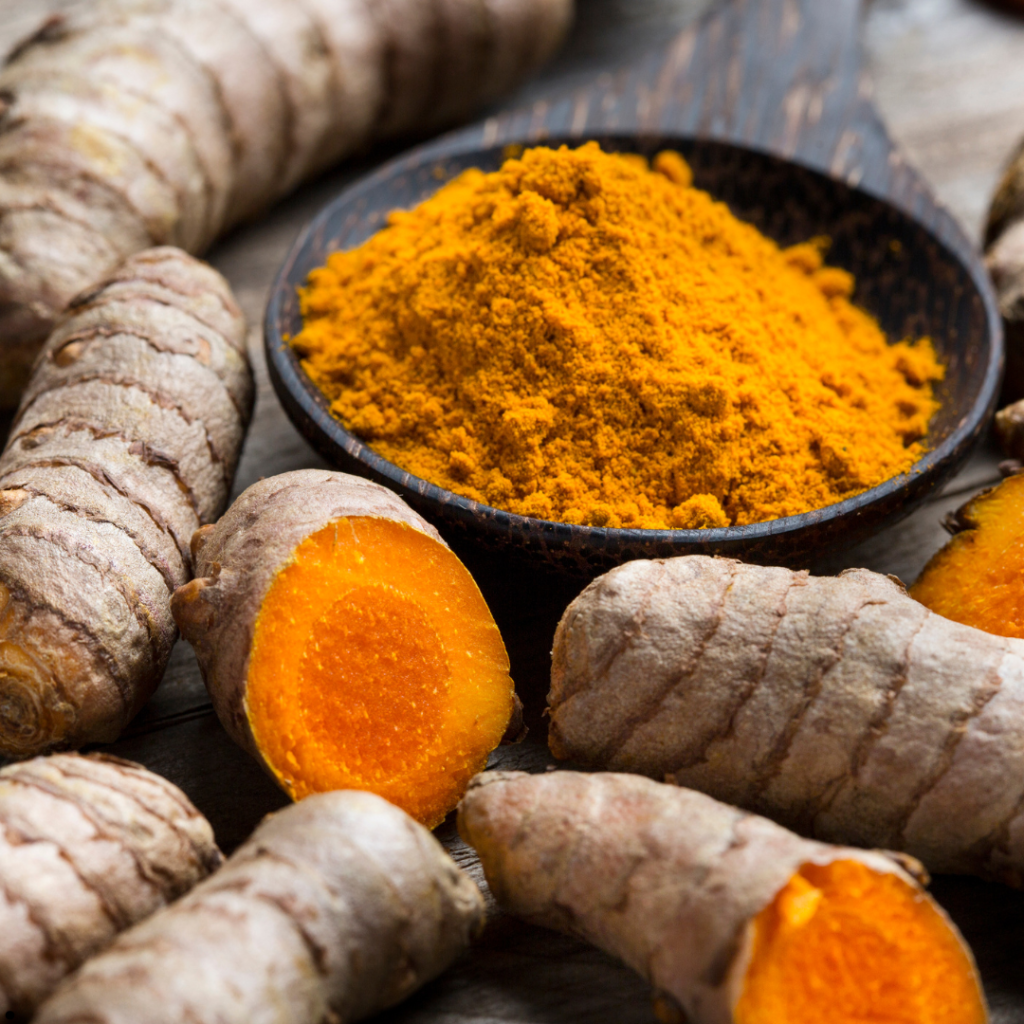(Sesamum indicum)
Sesame oil, derived from sesame seeds, has been used for centuries in various cultures for its culinary, medicinal, and cosmetic properties. It offers a range of potential benefits:
- Nutrient-Rich: Sesame oil is rich in essential nutrients, including vitamins (such as vitamin E, vitamin K, and some B vitamins), minerals (like copper, calcium, and magnesium), and healthy fats (monounsaturated and polyunsaturated fats).
- Heart Health: The high content of monounsaturated and polyunsaturated fats, as well as the presence of sesamin and sesamol, may help lower bad cholesterol levels (LDL cholesterol) and reduce the risk of heart disease.
- Antioxidant Properties: Sesame oil contains antioxidants, particularly vitamin E, that can help protect cells from oxidative damage caused by free radicals.
- Anti-Inflammatory Effects: Sesame oil may have anti-inflammatory properties, which can be beneficial for conditions associated with inflammation, such as arthritis and joint pain.
- Skin Health: It’s used in skincare due to its moisturizing and soothing properties. It can help treat dry skin, reduce the appearance of scars, and promote overall skin health.
- Hair Care: Sesame oil is often applied to the hair and scalp to improve hair strength, shine, and manageability. It may also help prevent dandruff and reduce hair loss.
- Oral Health: Oil pulling, a traditional Ayurvedic practice, involves swishing sesame oil in the mouth to improve oral hygiene. It can help reduce harmful bacteria, improve breath, and promote gum health.
- Bone Health: Sesame oil is a good source of calcium and zinc, which are important for bone health. Regular consumption may help strengthen bones and reduce the risk of osteoporosis.
- Digestive Health: In some cultures, sesame oil is used to aid digestion and alleviate constipation. It can help soften stool and promote regular bowel movements.
- Immune System Support: The antioxidants and nutrients in sesame oil may help boost the immune system’s function.
- Hormone Regulation: Some studies suggest that sesame oil may help regulate hormonal balance in women and alleviate symptoms of premenstrual syndrome (PMS).
- Wound Healing: Sesame oil’s anti-inflammatory and antimicrobial properties can aid in wound healing and reduce the risk of infection.
- Nourishing Massage Oil: It is commonly used as a massage oil, as it can help relax muscles, reduce tension, and moisturize the skin.
- Cooking and Flavor: Sesame oil is a popular cooking oil in many Asian cuisines. It adds a distinct nutty flavor to dishes and is used in both stir-frying and as a finishing oil.
